Ford's City of Tomorrow seeks to rescue our roadways
We all think the dreaded commute is unavoidable, but is it?
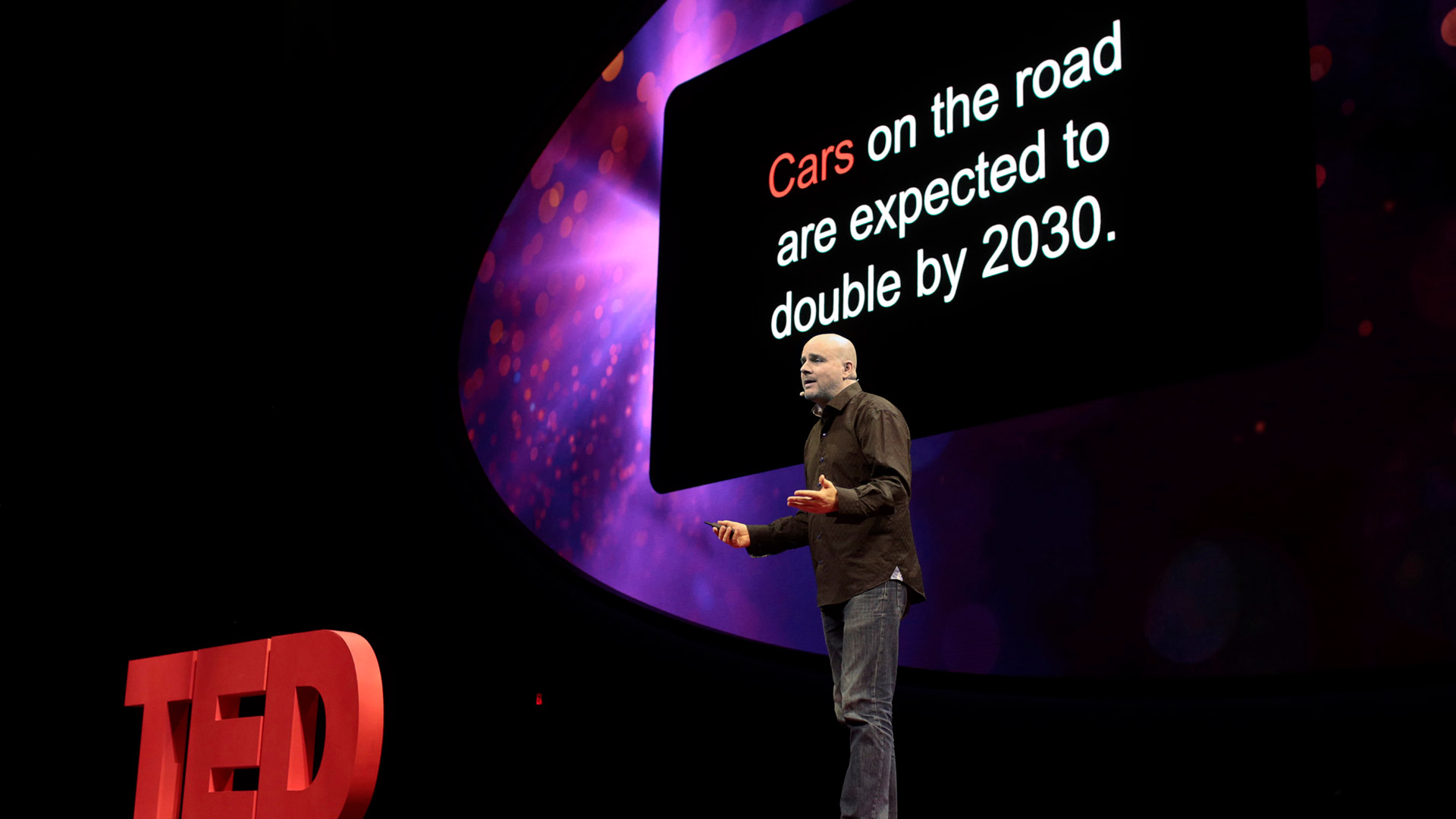
Sign up for breaking news, reviews, opinion, top tech deals, and more.
You are now subscribed
Your newsletter sign-up was successful
It's easy to find companies that usher in a new mantra or strategy every year or so, but harping on something for a few years straight has become the exception rather than the rule. Under CEO Mark Fields, Ford has transitioned from just a car company into something far more complex – a "transportation company."
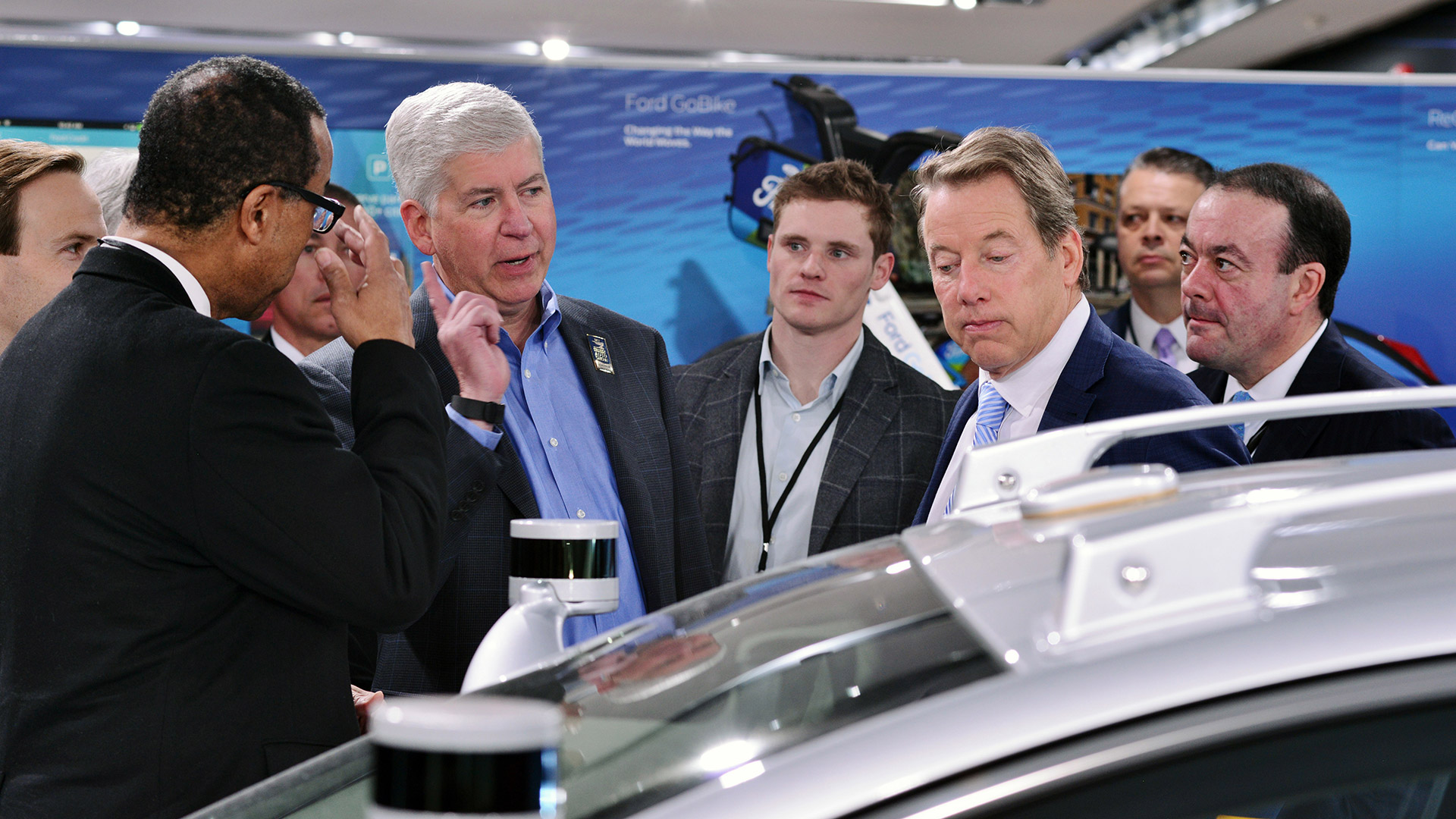
There's a subtle difference there in terminology, but the mindset shift is stark. The redefining of automotive that we witnessed a few months ago at the LA Auto Show is being doubled-down on at this year's North American International Auto Show. Ford, GM, Mercedes-Benz, and a host of other automakers won't just be selling cars in a half-decade; instead, they'll be raking in a material amount of profits from moving people in entirely new ways.
The city of tomorrow
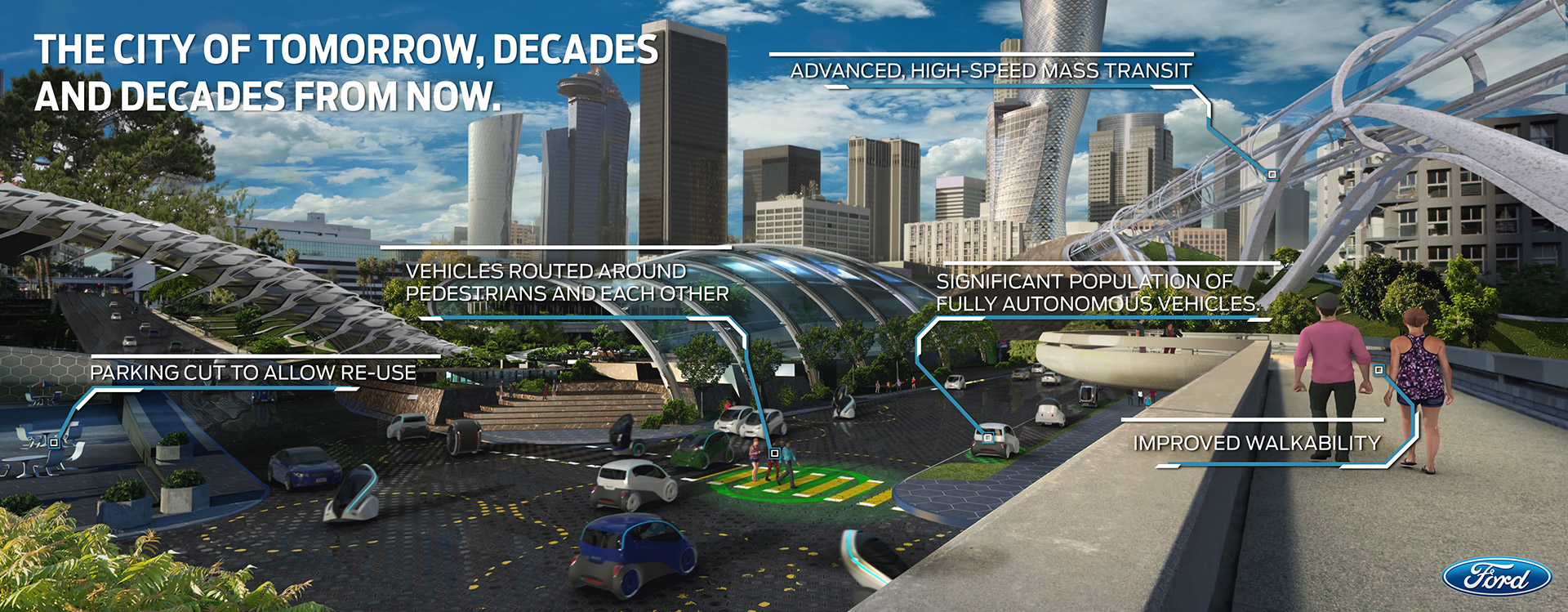
Over half of the world's population now lives in dense, urban cities, and the billions that'll inhabit it over the next decade or so are projected to gravitate towards metropolis rather than rural. That, as it turns out, presents a looming headache for city planners. They want the people, and they definitely want the influx of tax dollars, but they're sort of tapped out when it comes to roads to expand and infrastructure to retool.
Where do you put all of those people? How do you move them from place to place efficiently? If we don't answer those questions in a timely fashion, the notion of buying a car for half of the world's populace will become an unattractive one. Besides, what's the point in turbocharged delight when your entire day is spent inching forward at a rate that resembles that of a decent long-distance runner?
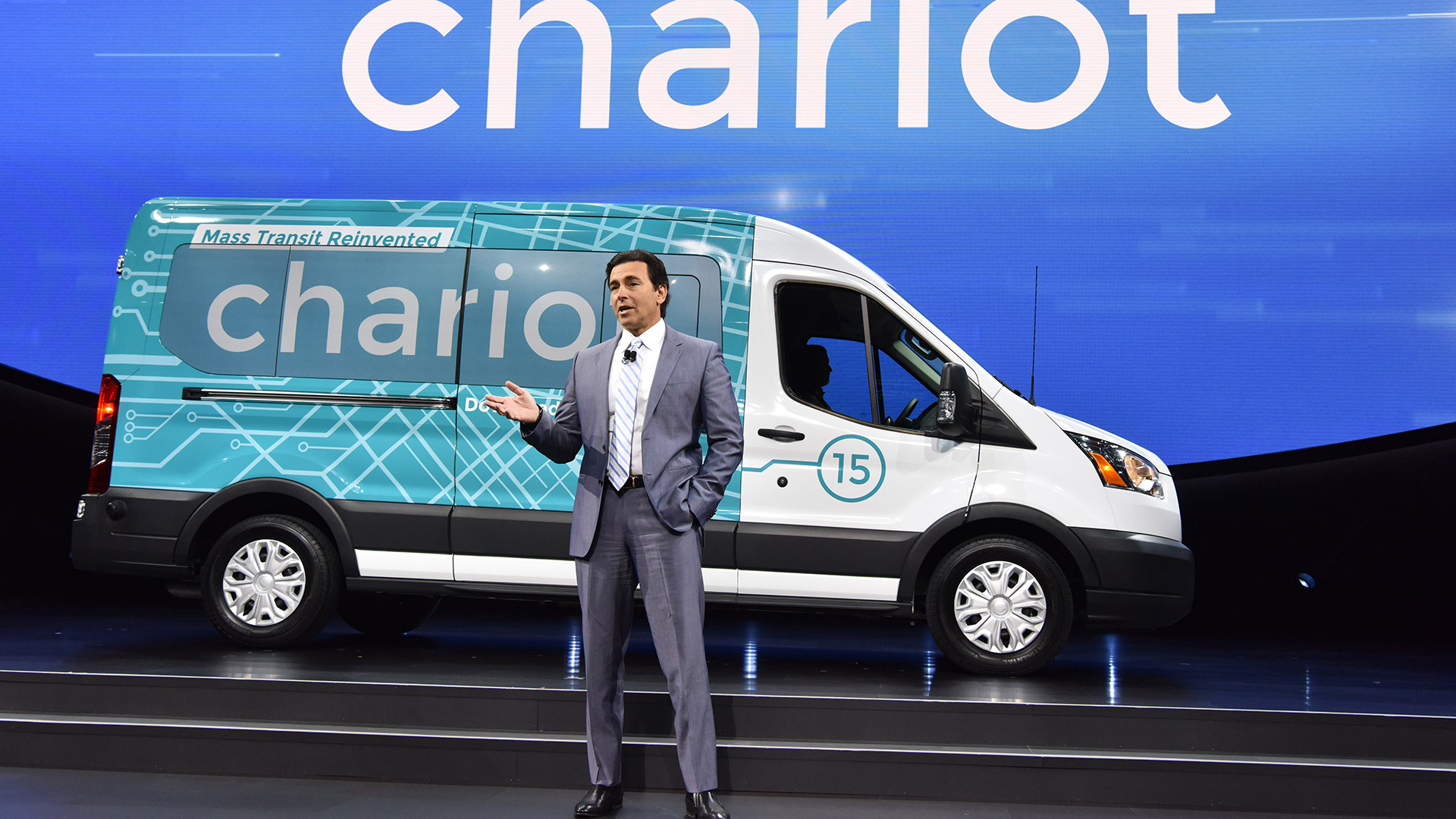
Rather than waiting for municipalities to act (or not), Ford's taking a proactive approach. The company’s City Solutions team, which was formed late last year, is a radical investment that seeks to "propose, pilot and develop mobility solutions and help address growing mobility challenges in urban environments." Said another way, this is an automaker looking to grab its next major revenue stream before the world at large grows irreparably disgusted with car ownership and traffic congestion.
A human right
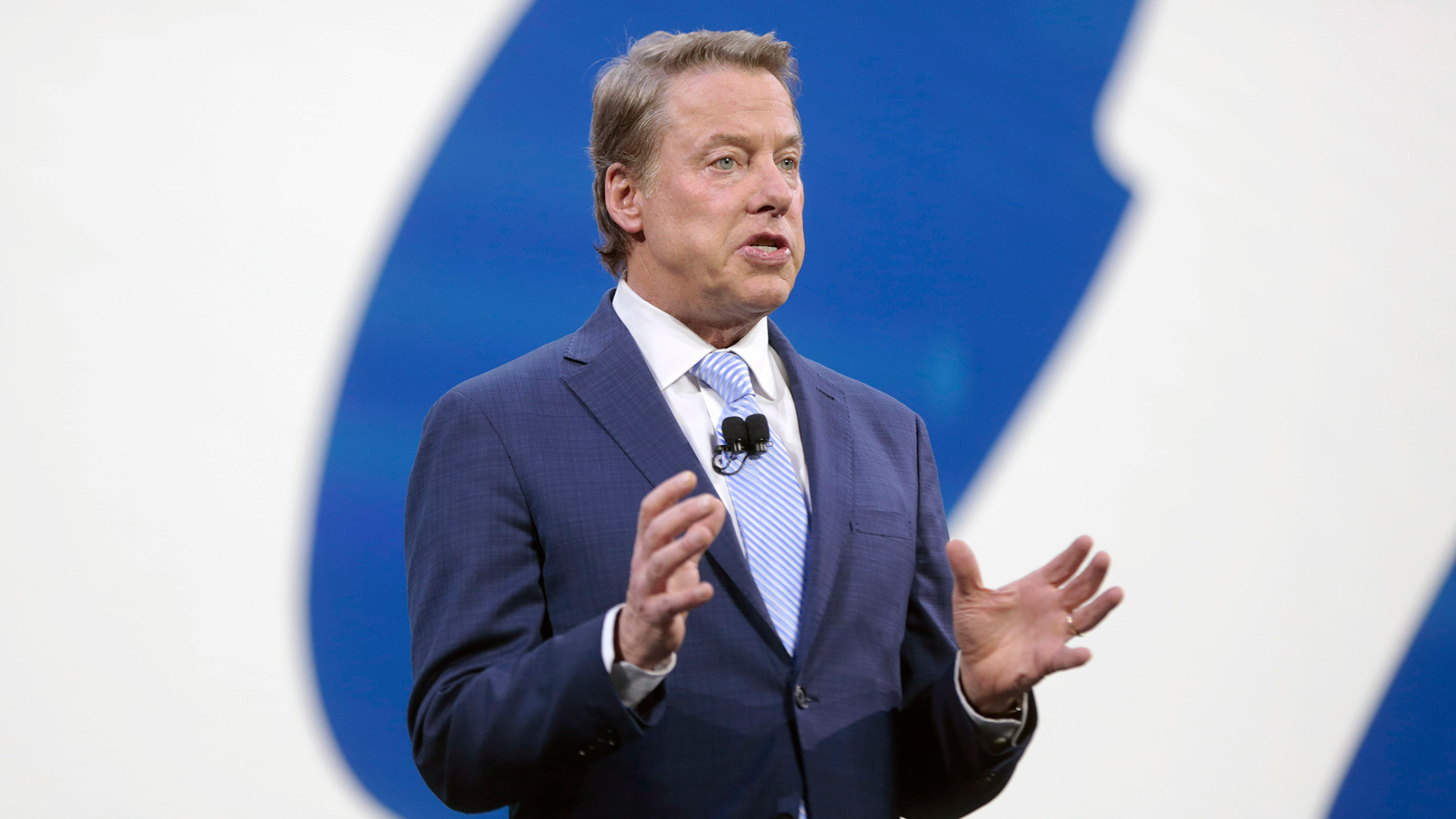
Opening today's keynote, executive chairman Bill Ford reminded the audience that one of Ford's founding beliefs is one that seems to have been lost in most places. "Companies existed first and foremost to serve societies," he said. "[That] must be re-interpreted to be relevant for each generation."
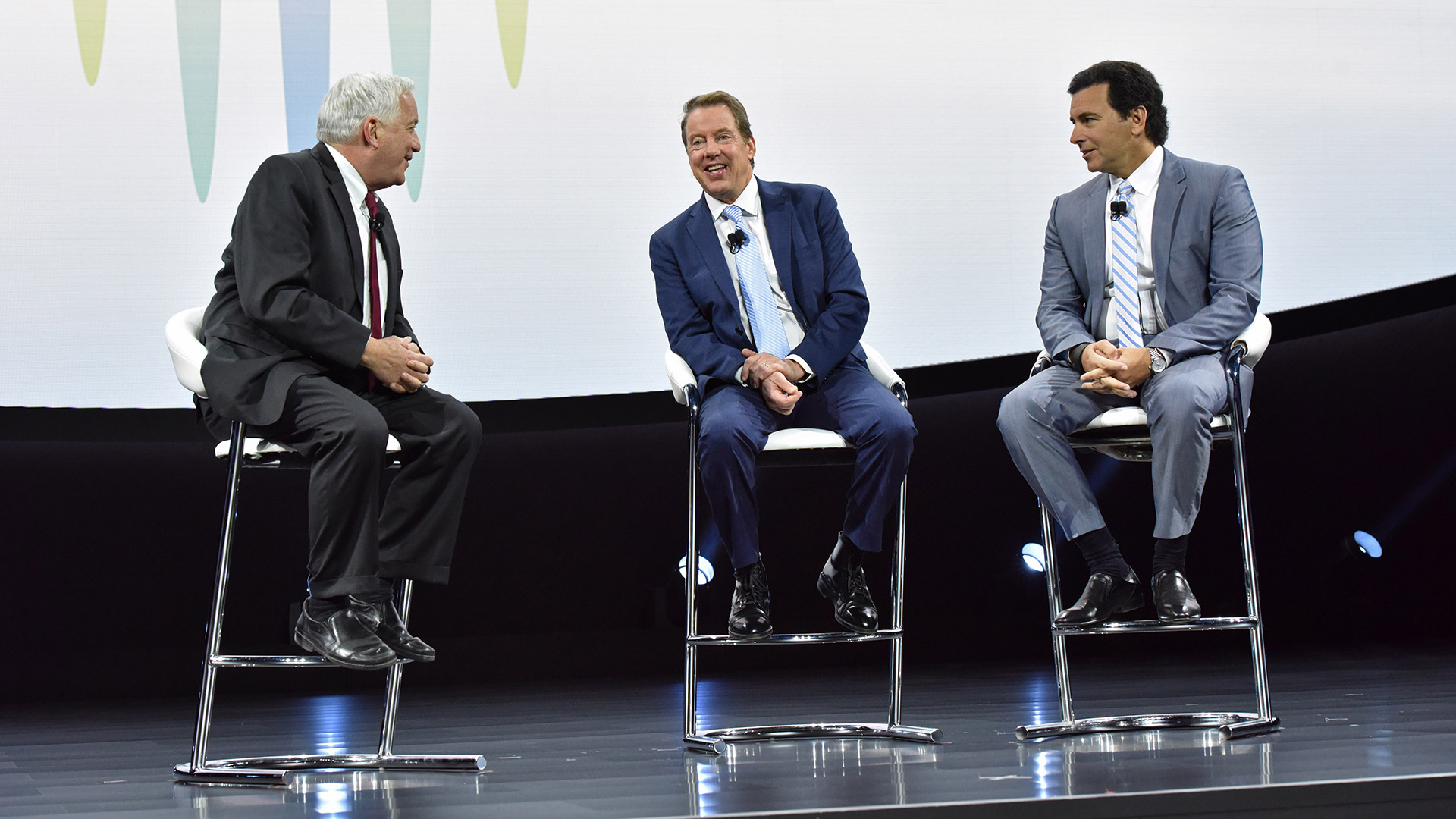
It's an interesting stance, and one that's wonderfully human. Ford wants mobility – the chance to easily get to and from work, to conduct business, and to travel freely – to be seen as a right. Without mobility, he argued, it's next to impossible to dig out of poverty. It places undue stress on families. And, really, it's all pretty senseless. We're the society that invented the combustion engine, satellites, and a taco that uses Doritos as the shell. Why are we allowing ourselves to be hamstrung by traffic?
Sign up for breaking news, reviews, opinion, top tech deals, and more.
Death to the commute
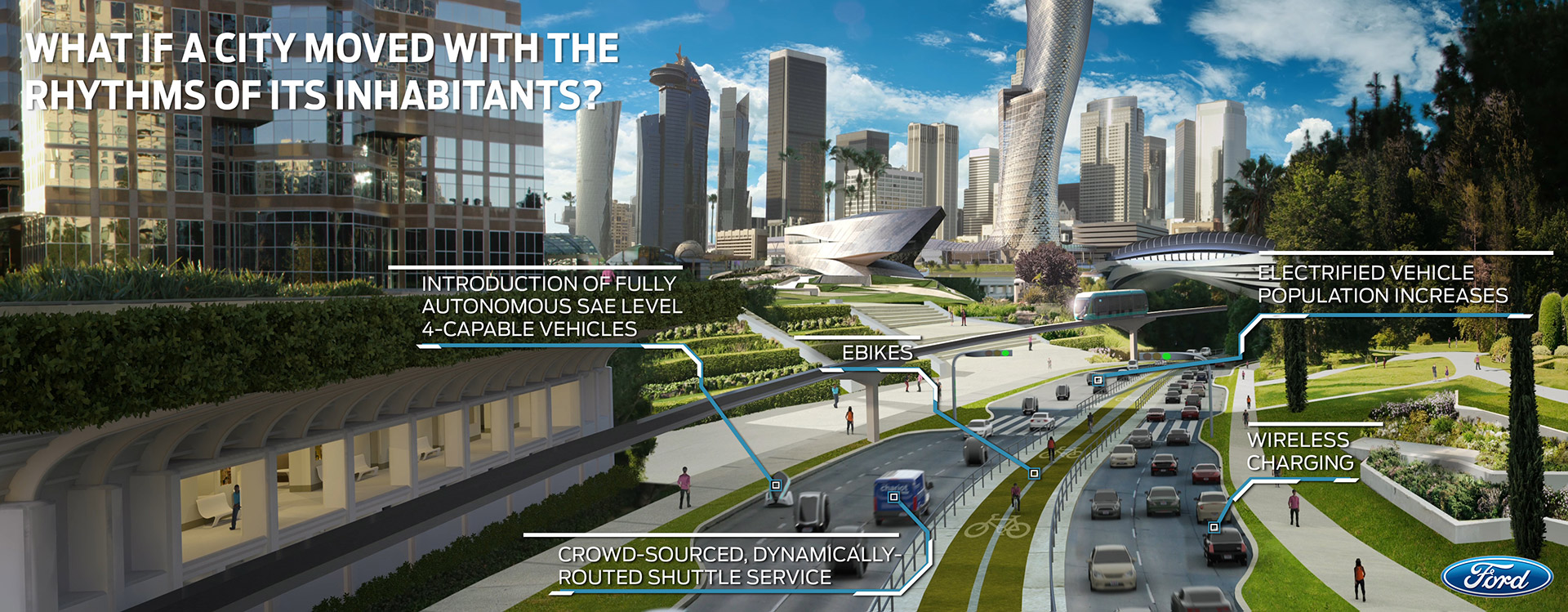
We're massive fans of teleworking where it makes sense. In an increasingly knowledge-based world, a huge amount of today's employees can accomplish their goals from anywhere that includes an internet connection. But for those things that require personal interaction – repairing a broken heart, sheering your dog's unruly mane, or assembling an automobile – there remains a need to get to and from a place of business.
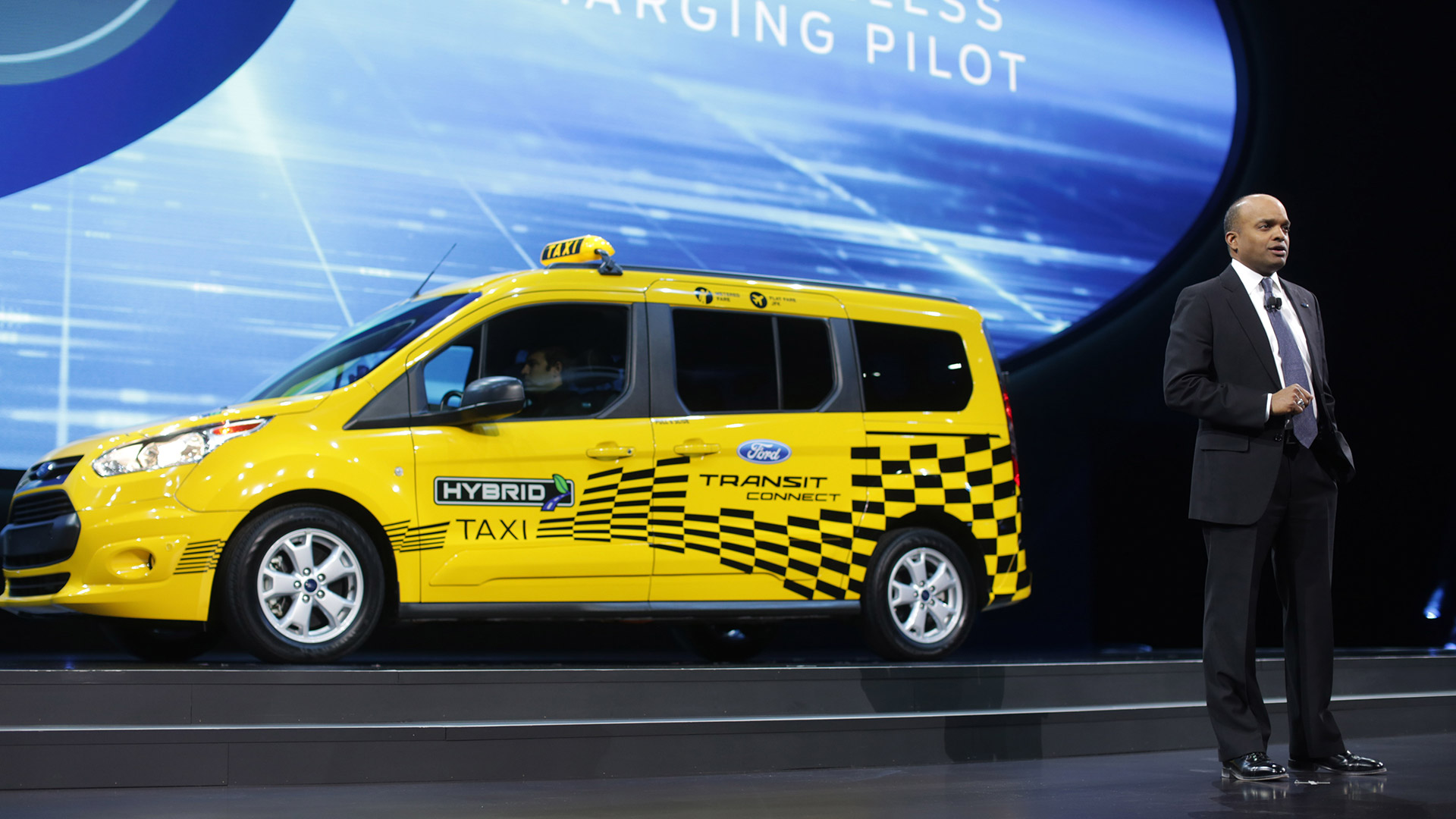
Ford noted that "commute time, a key part of mobility, is a critical factor in escaping poverty – more than crime or grade-school test results." He continued: "This has gone far beyond an inconvenience. It's an exciting opportunity, and a big responsibility."
So, Ford could continue to push more and more cars onto increasingly jammed freeways, but it's wise enough to see where that would end. "Ultimately, said Ford, "our goal is to make people's lives better by changing the way people move." For the skeptics who happen to be curious about the motivations, Mark Fields pulled no punches. He made clear that he expected everything surrounding the business of moving people in a more efficient manner to be a 20-percent margin business for the company going forward. So, yeah, it's both good for shareholders and good for people who hate waiting for no apparent reason.
The next great automotive frontier
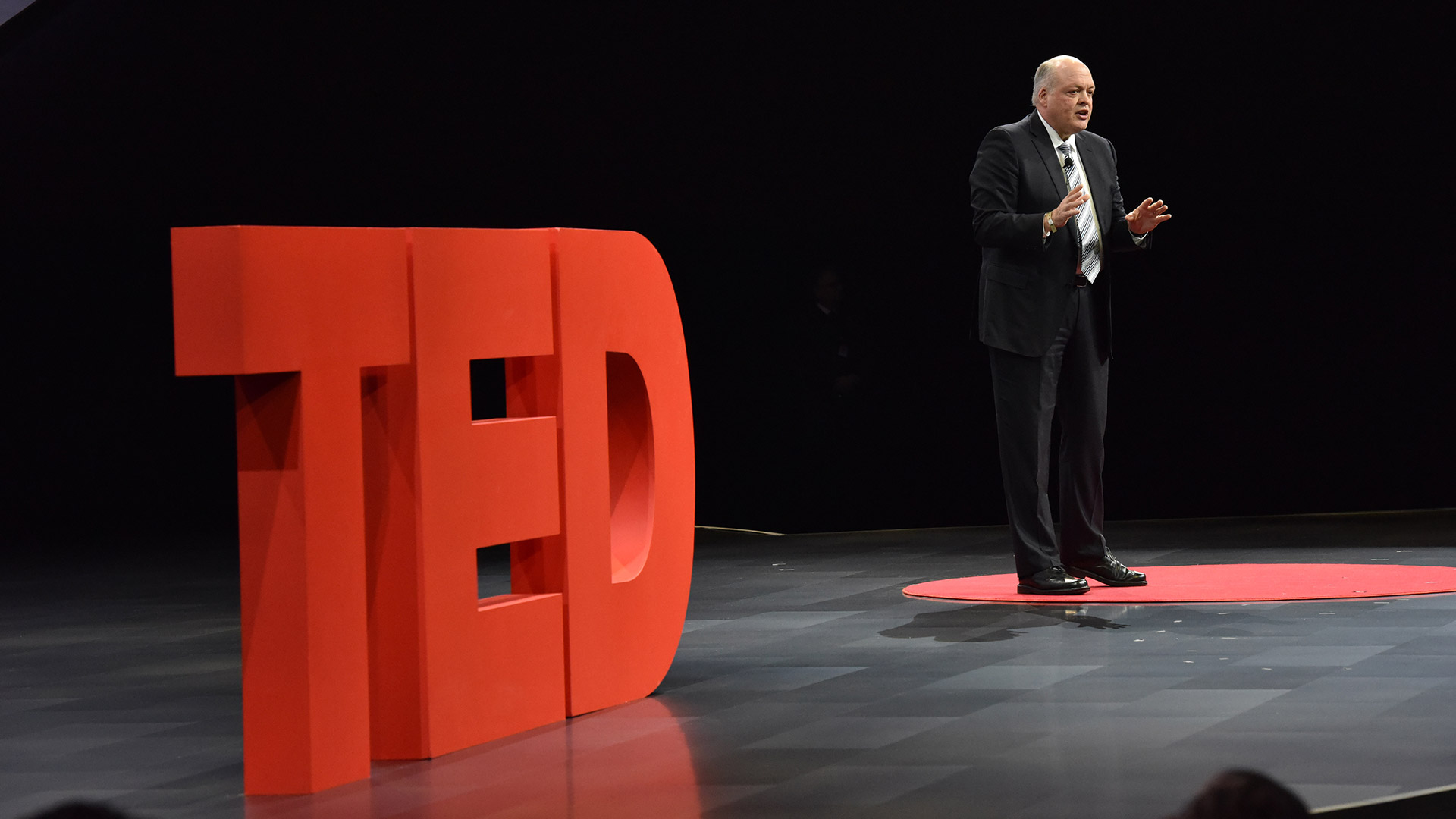
Remember what life was like immediately after the iPhone launched? Just over ten years ago, no one really carried supercomputers around in their jeans. Today, efficiencies gained by the global embracing of distributed information can be cited for billions in productivity gains. Imagine how much slower deals would happen without phones. Consider how much less connected families strewn across continents would feel without WhatsApp. For all the downsides of FOMO, the world at large is better off with these crazy phones than without them.
We've reached a similar point in the realm of transportation. In 2021, Ford (and likely others) will have fully autonomous cars launching in select markets and applications. It's already possible to hail a driverless Uber. One can only assume that every major automaker in the world sees the writing on the wall; we're years (months?) away from rivals who have historically made ends meet by selling metal atop rubber come together to solve the planet's impending mobility crisis.
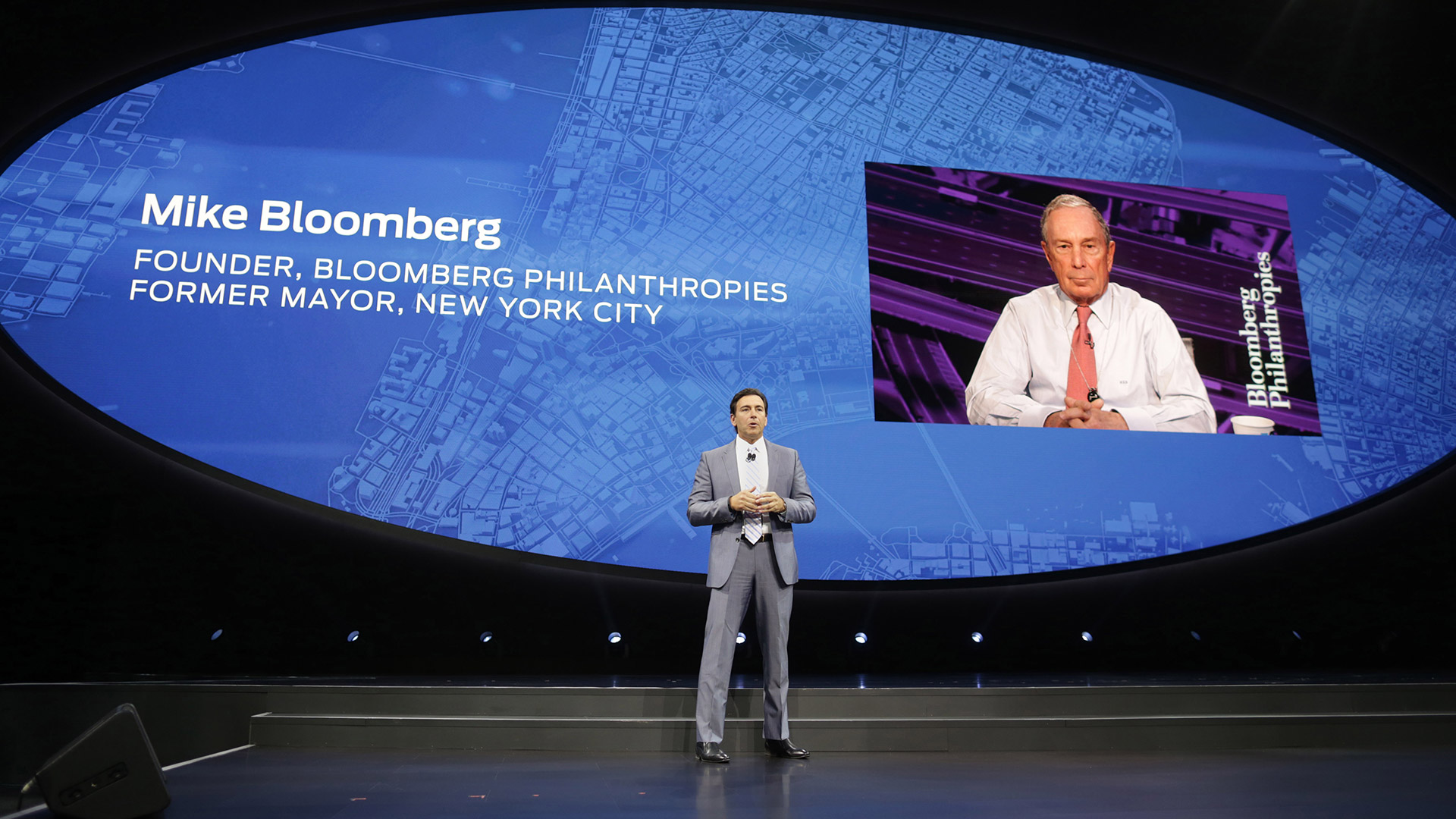
Mobility is about far more than movement of a physical being. It's about socioeconomic mobility, about enabling an ever greater quantity of people to reach opportunities that they can't today. Elaborate metro systems in places like New York and Tokyo are just a taste of what it's like to move people without the erratic congestion found on freeways, but those vessels are decades old. The reason we've allowed this to become a borderline crisis is simple: until recently, there's been no genuine business case to do anything any differently.
Offshoots like Chariot and GM's Maven and Zipcar have proven that people are willing to pay actual dollars for efficiency, and they're willing to relinquish control – even if temporarily – to get themselves moved with less headache, less risk of injury, and less stop-and-go insanity.
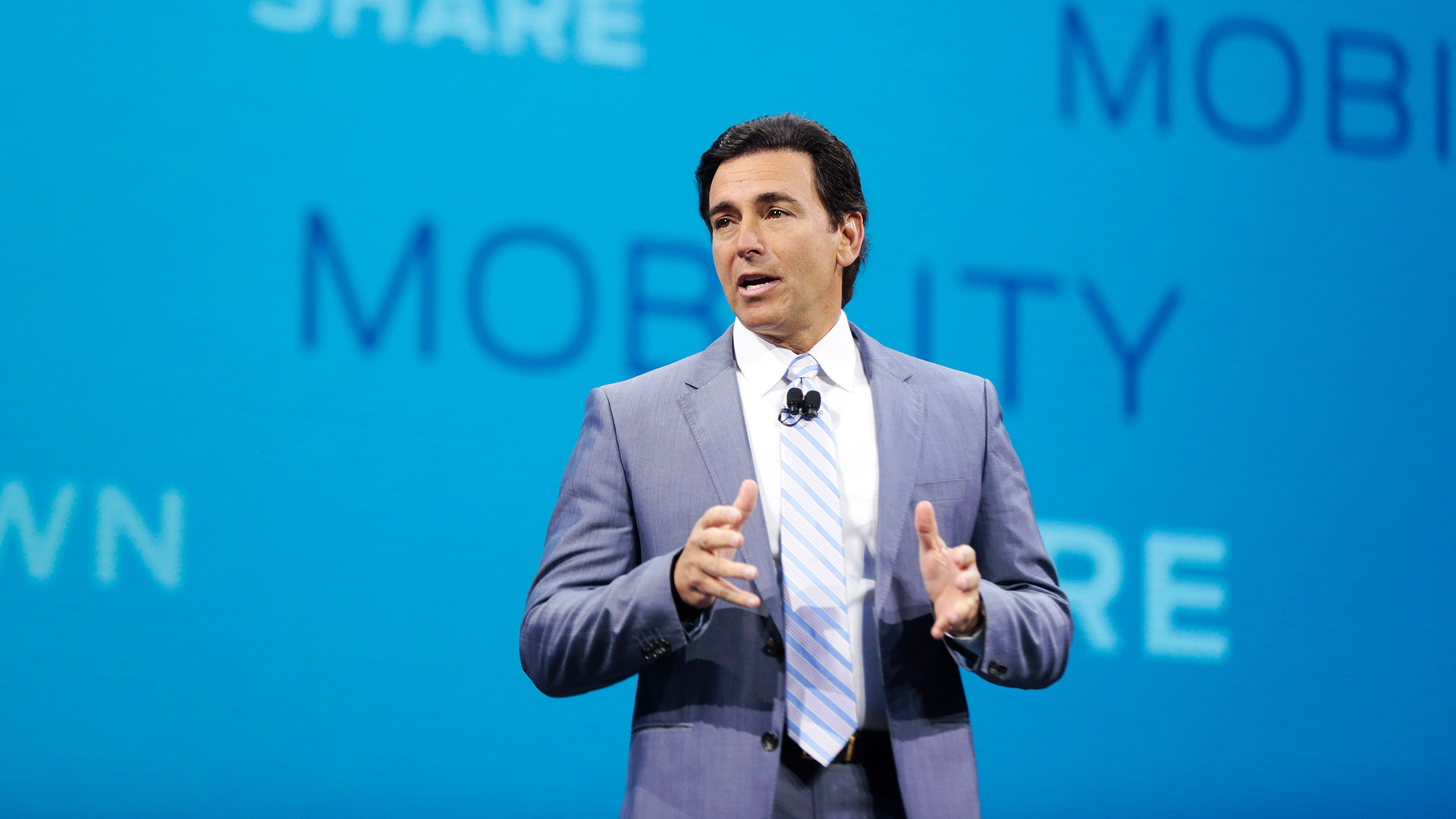
And, if we're honest, wouldn't it be best to let modern innovations move us from chore to chore, while re-opening the once open road for those 525 horses shored up in the garage? Yes... yes it would.
